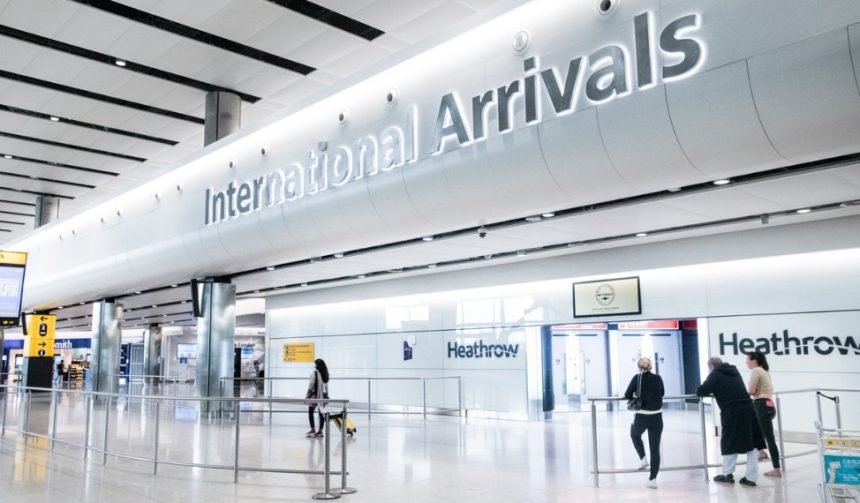Heathrow Airport Passengers Face World’s Highest Charges – With Price Hikes on the Horizon
Passengers flying from Heathrow Airport already face the steepest airport charges in the world – and now they could be hit with even more.
A £10 billion expansion plan, recently submitted to the Civil Aviation Authority (CAA), is sparking a backlash from airlines who warn the costs will inevitably land on travellers’ shoulders.
Under the proposal, Heathrow wants to raise passenger charges from an average of £28.46 (2022–2026) to £33.26 between 2027 and 2031. That’s a 17% jump – a figure that has raised alarm bells across the airline industry.
“The proposed 25 per cent increase in charges is excessive, particularly given that Heathrow is already the most expensive airport in the world,” said International Airlines Group (IAG), which owns British Airways.
IAG did acknowledge the airport’s plans to upgrade passenger facilities but didn’t hold back in its criticism, calling the hike “excessive” and warning it must be “significantly revised.”
Virgin Atlantic added to the chorus of concern, urging the CAA to conduct an “urgent fundamental review of Heathrow’s economic regulatory model, which is simply not fit for purpose.”
The charges in question are paid by airlines, but these costs are typically passed straight onto travellers through higher ticket prices. That means families, business flyers, and tourists could soon be footing the bill for Heathrow’s billion-pound upgrade.
And all of this, critics point out, comes without a meaningful increase in runway or gate capacity.
“The suggested £10bn investment would be paid for by passengers and airlines, raising serious concerns about affordability and value for money,” added IAG.
Despite the criticism, Heathrow says the investment is necessary. CEO Thomas Woldbye insists the upgrade will lead to faster, more efficient services across the board.
“We’re making good progress on our strategy to become an extraordinary airport, having become Europe’s most punctual major airport so far this year,” he said.
“But our customers want us to improve our international rankings further, as do we.”
The proposed improvements include:
- Shorter security wait times (95% of passengers processed in under five minutes)
- Improved baggage handling (99% of bags arrive with their owner)
- More on-time flights (targeting 80% punctuality)
- New lounges, restaurants, and shops
- A demolished Terminal 1, an extended Terminal 2
- A new road access tunnel
The plan also addresses the growing demand for passenger assistance services at Heathrow airport, ensuring smoother journeys for those with mobility needs or requiring extra support.
Heathrow expects this investment to grow annual capacity by 10 million passengers – a 12% increase.
Backers of the plan say it will also boost jobs and feed money into the UK economy. The project will receive £2bn in funding from international shareholders, led by French investment firm Ardian.
“This private investment will create jobs and drive national growth during this Parliament,” said Woldbye.
“We are ready to deliver the more efficient, sustainable Heathrow that will keep Britain connected to the world.”
The new business proposal, covering 2027–2031, does not include any plans for the controversial third runway – long a point of contention with environmental groups and local residents.
That fight may return another day. But for now, the focus is on whether passengers will accept paying more to walk through the same gates – even if a sleeker experience awaits them on the other side.
One thing is clear: Heathrow Airport is betting big on its future. But with airlines fuming and travellers bracing for pricier tickets, the battle over Britain’s busiest airport is only just beginning.






